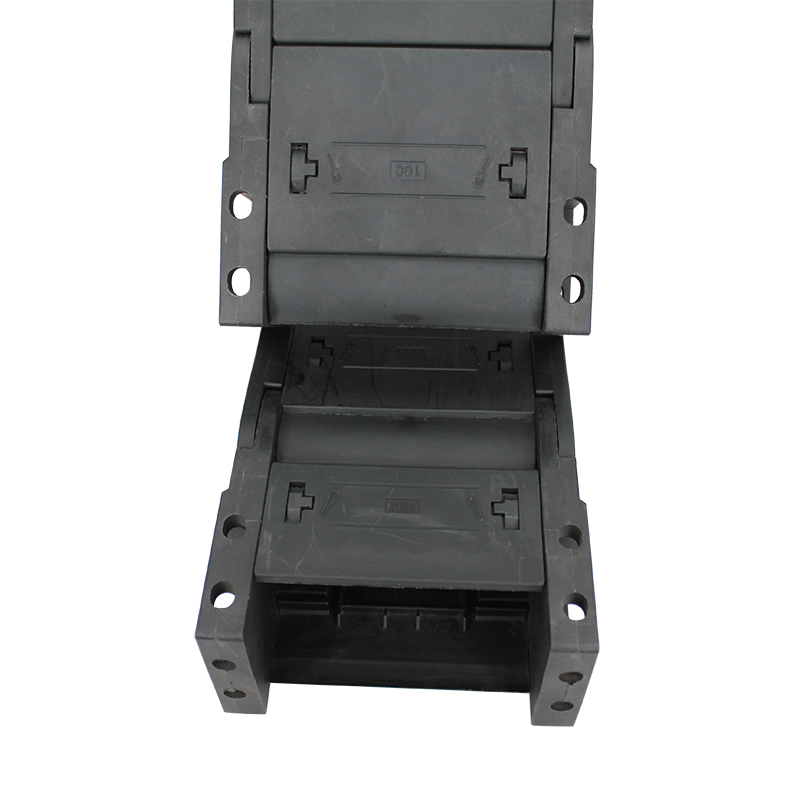milling machine bellows
The Importance of Bellows in Milling Machines
When it comes to milling machines, efficiency and precision are paramount. Among the various components that contribute to the optimal performance of these machines are bellows. Bellows are flexible, accordion-like structures made from materials such as rubber, plastic, or metal, designed to protect sensitive parts of the machine from dust, debris, and coolant. This article delves into the significance of bellows in milling machines and highlights their benefits, construction, and maintenance considerations.
Understanding the Role of Bellows
Bellows serve a crucial role in milling machines by providing protection for moving parts, especially the lead screws, guides, and other components that are vulnerable to contamination. During the milling process, metal shavings, coolant, and other particles can compromise the performance and precision of the machine. Bellows act as a barrier, preventing these materials from entering the critical areas and causing wear or damage.
Moreover, bellows allow for smooth and unrestricted movement of moving parts while maintaining a seal. This feature is particularly important in CNC milling machines where precision is key. The flexibility of the bellows accommodates the motion of the machine, ensuring that the protective cover does not hinder the milling operations.
Types of Bellows for Milling Machines
Bellows can be categorized into different types based on their material and design. The most common types used in milling machines include
1. Fabric Bellows Made from reinforced fabric, these bellows are lightweight and provide flexibility. They are often used in applications where dust and moderate debris exposure are concerns.
2. Rubber Bellows These bellows offer excellent sealing properties and flexibility, making them suitable for environments with various contaminants. Rubber bellows are generally resistant to oils and coolants, enhancing their longevity in milling applications.
3. Metal Bellows Known for their durability and resistance to extreme conditions, metal bellows are typically used in heavy-duty applications. They can withstand higher temperatures and are less susceptible to wear over time.
milling machine bellows

4. Plastic Bellows Often used for smaller or lightweight milling machines, plastic bellows can provide an adequate protective barrier while being cost-effective.
Benefits of Using Bellows
Incorporating bellows into milling machines brings several advantages. First and foremost, they significantly extend the lifespan of the machinery by protecting vital components from abrasive material and liquids. This protection minimizes maintenance costs and downtime, thereby contributing to overall productivity.
Additionally, using bellows helps ensure accuracy in machining operations. When moving parts are free from contaminants, the precision of cuts is greatly improved, leading to higher quality finished products. This aspect is especially critical in industries where tolerances are tight and any deviation can lead to substantial losses.
Lastly, bellows are relatively easy to install and replace. Most milling machines are designed with consideration for easy access to bellows, allowing for quick maintenance without extensive machine downtime.
Maintenance Considerations
While bellows are robust components, they require regular inspection and maintenance to ensure they function effectively. Operators should routinely check for signs of wear, such as cracks, tears, or loss of elasticity. Addressing issues early can prevent contamination and preserve the machine’s performance.
Cleaning bellows is also essential, particularly for fabric and rubber types that can accumulate debris. It is advisable to use a mild detergent and brush to clean them gently and avoid any abrasive materials that could damage the surface.
Conclusion
Bellows are an essential component in milling machines, providing crucial protection and enhancing operational efficiency. By understanding the role of bellows, their types, benefits, and maintenance requirements, manufacturers can ensure their milling operations are both accurate and reliable. Investing in high-quality bellows not only safeguards equipment but also contributes positively to the bottom line by improving productivity and reducing costs associated with machine downtime and repairs. Thus, bellows play a vital role in the overall success of milling operations in various industries.








